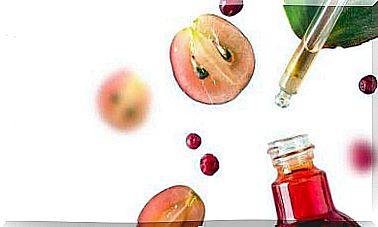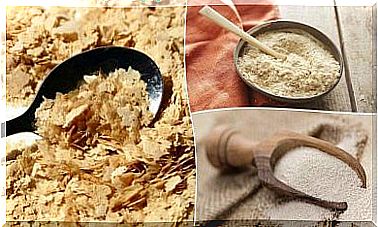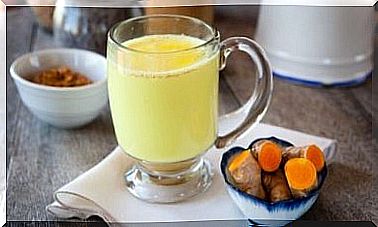The 5 Best Foods That Have Antibiotic-like Properties
For this reason, many people use classic natural antibiotics to prevent illnesses. Although they do not have the same healing properties, they can bring positive results.
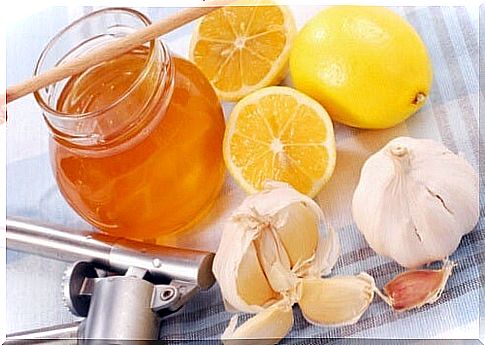
Antibiotics are one of the most important discoveries in medicine. Since 1928, when penicillin was discovered, doctors and medical experts have thought that this drug can cure all diseases and inflammations caused by viruses, bacteria, or fungi.
While antibiotics are of great help and indispensable for many diseases, recent studies have shown that excessive use can have dangerous consequences for our health. Children in particular can develop resistance to bacteria as a result.
The excessive consumption of antibiotics also causes an epidemic of gastrointestinal problems and autoimmune diseases in children and adults because it damages the intestinal flora.
For this reason, many resort to classic natural antibiotics to prevent diseases, which, although they do not have the same healing properties, can bring positive results. Do you know what natural antibiotics are?
Oregano oil and its antibiotic-like effects
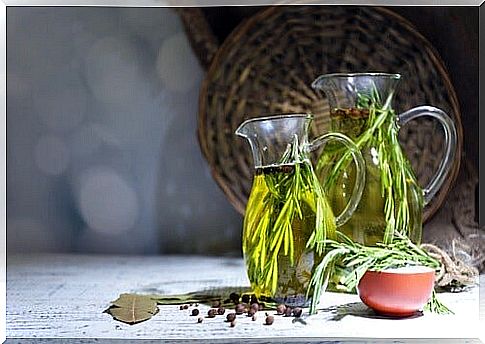
Oregano oil (from Origanum vulgare ) has a very strong antibiotic effect, it can fight various microorganisms. This oil has a golden or dark yellow color and smells slightly spicy.
Use for prevention
- Foot or nail fungus : Prepare a foot bath with 2 teaspoons of oregano oil and warm water. Then, soak your feet in this water for 10 minutes. As an alternative, you can mix 1 drop of oregano oil with 1 teaspoon of olive oil and then apply it directly to the nails.
- Parasites or inflammation : Mix 1 drop of oregano oil with 1 teaspoon of olive oil and then take this mixture sublingually. Hold it in your mouth for a moment and then rinse out the oil. Repeat the process 4 times a day.
- Sinusitis : then inhale Give a few drops of oregano oil in a container with boiling water to steam.
Cayenne pepper
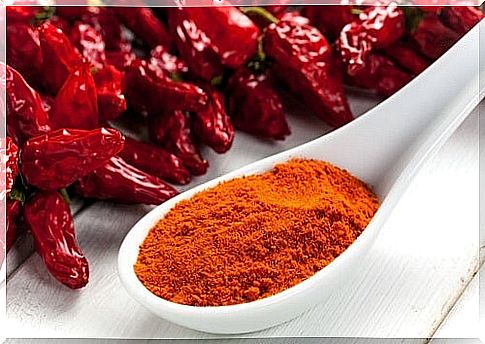
This hot spice was already used in ancient times due to its powerful healing and antibiotic properties. According to various studies, it is gradually being recognized as a natural antibiotic.
application
- Cayenne pepper is used for vulvovaginitis, a common inflammatory disease in women, because it has anti-fungal and antibiotic properties . It is mixed with olive oil for correct use. Note: Since it is very hot, it can sting a bit the first time it comes into contact with the skin.
garlic
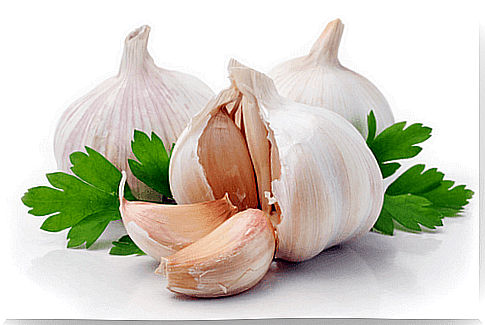
Garlic is without a doubt the most natural antibiotic out there. Garlic kills pathogens as well as bacteria, fungi and viruses without attacking the intestinal flora.
application
- Thanks to its phytochemical substances and the high sulfur content, garlic fights free radicals.
- It has antibacterial, antifungal and antiviral properties.
- It has a strong antioxidant effect and protects the DNA.
- The garlic acts against worm and parasite infestation.
- Sores and nail fungus.
- Intestinal infections are prevented.
Note: To increase the effect, it is recommended to take garlic with lemon.
turmeric
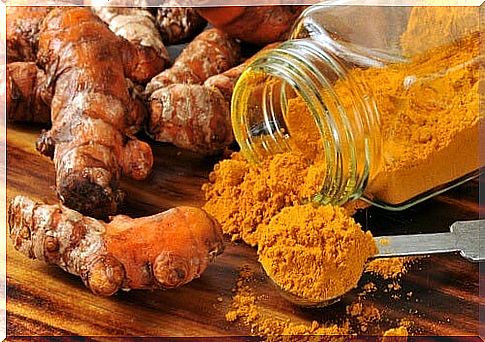
Turmeric comes from traditional medicine because this spice has anti-inflammatory, antiseptic, antibiotic, and pain relieving properties.
application
- Turmeric is used as a support against the bacterium Helicobacter pylori, which very often causes gastroduodenal ulcers and other infections.
Bee honey

Bee honey is also one of the best natural antibiotics. Scientific studies have shown that honey can cure various types of intestinal inflammation.
application
- This natural antibiotic is often used to prevent and cure skin infections.
- Studies have shown that honey has a beneficial effect on bacteria that cause dental plaque.
- You can treat breast infections caused by breastfeeding with honey.
- Honey is effective against 250 different types of bacteria, such as B. MRSA (methicillin-resistant Staphylococcus aureus), VRE (vancomycin-resistant enterococci), Helicobacter pylori (which can cause stomach ulcers).





